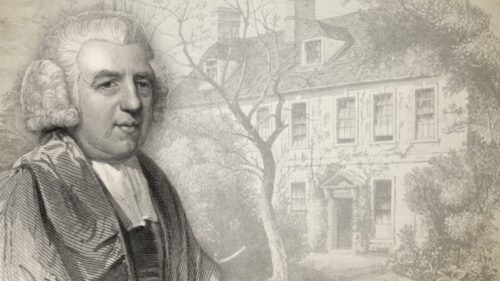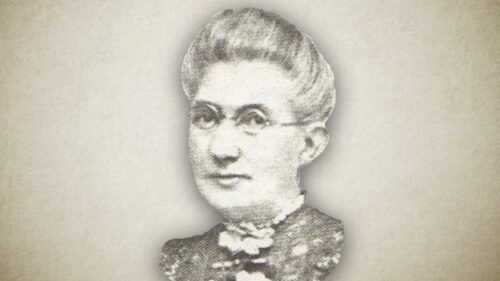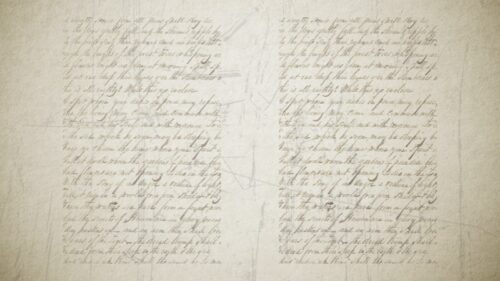-
Now May The Lord Reveal His Face
Theme: Reigning Grace See Jared Smith’s video teaching on the hymn, a devotional exposition according to the Framework of Sovereign Grace. Text: Romans 5:12-21; 8:37-39; 11:5,6; 2 Timothy 1:8-11 Romans 5:12-21: “Wherefore, as by one man sin entered into the world, and death by sin; and so death passed upon all men, for that all have sinned: (for until the law sin was in the world: but sin is not imputed when there is no law. Nevertheless death reigned from Adam to Moses, even over them that had not sinned after the similitude of Adam's transgression, who is the figure of him that was to come. But not as the offence, so also is the free gift. For if through the offence of one…
-
25 Bible Doctrine – How Can The Five Points Of Calvinism Be Used As A Tool For Evangelism And Discipleship?
A Transcript Of The Video Study In our previous study, I aligned the Five Points of Calvinism with the Framework of Sovereign Grace, demonstrating that they both set forth the same set of teachings. For this study, I would like to explain how the Five Points of Calvinism can be used as a tool for evangelism and discipleship. Of course, I assume many of you may already be using them for these purposes, but there are still be some helpful points to make on this subject, which I hope will prove useful to you. First, let me say something about the meaning of evangelism and discipleship. There is a lot of talk today about both of these words. Churches speak about evangelizing the world, getting…
-
Stand Fast In The Liberty Of Your Union With Christ
This study is the second of a two part series based on the teachings of the Apostle Paul in Galatians 5:1: “Stand fast therefore in the liberty wherewith Christ hath made us free, and be not entangled again with the yoke of bondage.” In the previous study, Jared drew a line between the false doctrine of Progressive Sanctification and the entanglement again with the yoke of bondage. In this study, he draws a line between the scriptural doctrine of spiritual growth in Christ and standing fast in the liberty wherewith He has made the believer free.
-
Entangled With The Yoke Of Bondage
Having served for three years as an Evangelist in the Philippines, Jared Smith has prepared two studies based on Galatians 5:1, in response to the insidious doctrine of progressive sanctification, which pervades every church and Christian denomination with which he has come into contact throughout the course of his evangelistic labors. The Apostle Paul identifies the doctrine of progressive sanctification as “another gospel”, and Jared attempts in this study to explain why.
-
In Mounts Of Danger And Of Straits
Theme: Providential Care Of God See Jared Smith’s video teaching on the hymn, a devotional exposition according to the Framework of Sovereign Grace. Text: Genesis 22:1-14 Genesis 22:1-14: “And it came to pass after these things, that God did tempt Abraham, and said unto him, Abraham: and he said, Behold, here I am. And he said, Take now thy son, thine only son Isaac, whom thou lovest, and get thee into the land of Moriah; and offer him there for a burnt offering upon one of the mountains which I will tell thee of. And Abraham rose up early in the morning, and saddled his ass, and took two of his young men with him, and Isaac his son, and clave the wood for the…
-
24 Bible Doctrine – How Do The Five Points Of Calvinism Align With The Framework Of Sovereign Grace?
A Transcript Of The Video Study In our previous study, I reminded you that there are two diametrically opposed systems of biblical theology—Arminianism and Calvinism. The Five Points of Calvinism were formulated in response to the Five Points of Arminianism, and they are as follows: Total Depravity, Unconditional Election, Limited Atonement, Irresistible Grace and the Preservation of the Saints. The natural and most common way to approach these teachings is in chronological order, beginning with the first point, moving down the list to the last point. However, the Five Points may also be viewed according to a structural order. The first and last points speaking of the nature of man, and his relationship to and with God; the middle three points speaking of the nature…




